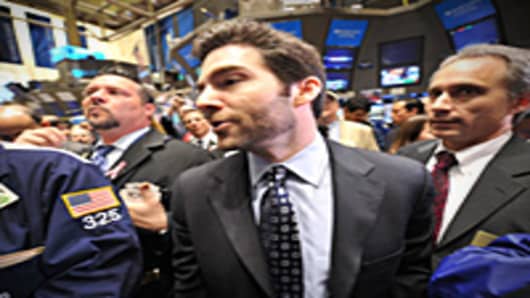He said LinkedIn had reached what he felt was a critical mass of users. That, couple that with an uptick in online recruiting, and Weiner gloated of companies like Accenture , who did 40 percent of their hiring (50,000 people at the time) on sites like his and Home Depot , who hired 88,000 people on LinkedIn.
Oh, and he just loved the story of Oracle finding its CFO on LinkedIn.
“More often than not the ideal candidate is in a job they are already happy with. Historically it’s been challenging for recruiters because there hasn’t been enough scale in passive candidates,” he said.
Weiner knows size matters but long-term, he knew even back then, it’s not the only thing.
“It’s not just the size of the index, it’s the relivancy of the index,” Weiner told me explaining that the company plans to invest more in algorithims that let recruiters narrow down candidates like Pandora lets listerns narrow down their favorite music.
As Weiner kept talking about Linkedin in the context of other social sites, I asked the obvious Facebook and privacy question.
“Facebook is largly a social utility platorm—killer applications, status updates, social gaming, sharing images. LinkedIn is a professional network,” he told me. “Privacy is going to be fundamental to any era of the web that provides a lot of sharing, provides disclosure of your identity. The key distinction is that as a professional you want people to know want to know who you.”
So what can my conversation with Weiner almost a year ago tell us about today’s hullaballoo? Well, first: if Weiner expects to essentially take “market share” away from large companies HR departments, how will he monetize that? And, second: is privacy going to come back to bite them?
Those are today's $350 million questions.
_____________________________________
Follow Nicole @twitter.com/nicolelapin
Facebook Nicole @ www.facebook.com/NicoleCNBC
Questions? Comments? Email us atNetNet@cnbc.com
Follow NetNet on Twitter @ twitter.com/CNBCnetnet
Facebook us @ www.facebook.com/NetNetCNBC



